Sustainability
Balancing impacts through responsible business practices, supply chains and energy use.

POSTED
03-28-24
Allyson Anderson Book, Chief Sustainability Officer, Baker Hughes: Sustainability Champion & Energy Transition Leader
Policy veteran and Baker Hughes’ super-smart Chief Sustainability Office, Allyson Anderson Book, joins Madam Policy for an all-new episode.
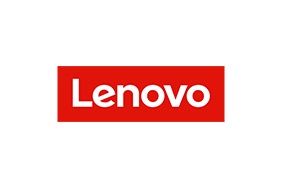
POSTED
03-28-24
The World’s AI Generators: Rethinking Water Usage in Data Centers To Build a More Sustainable Future
At NVIDIA GTC this week, the keynote address made it clear that data centers are set to grow in numbers and in terms of power consumption in order to provide AI capabilities to the world.
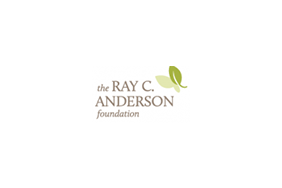
POSTED
03-27-24
Ray C. Anderson Center for Sustainable Business Contributes to SDG Action and Awareness Week
Faculty, staff, and partners of the Ray C. Anderson Center for Sustainable Business participated in the week of events focused on the United Nations Sustainable Development Goals (SDGs)

POSTED
03-27-24
100 Years of Olympic Winter Games: Legacies of the Past Olympic Winter Games
Next week marks 100 years since the first Olympic Winter Games took place in Chamonix, France. Ahead of the 100th anniversary, we look into the legacies of the various Olympic Winter Games editions since.
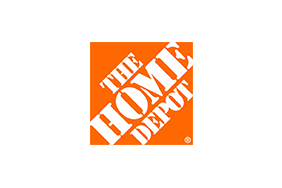
POSTED
03-22-24
The Home Depot Expands Pro Ecosystem With Four New Distribution Centers Designed To Bring Convenience and Reliability to Pro Customers
The Home Depot is opening four new distribution centers, expanding its pro ecosystem to Detroit, southern Los Angeles, San Antonio and Toronto in 2024. The new facilities are a key component of The Home Depot’s strategy to better serve pro customers.
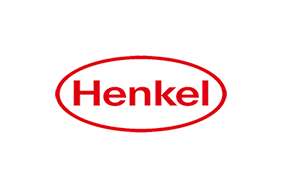
POSTED
03-21-24
Sustainability LIVE: Net Zero – Henkel’s CSO Keynote
Opening Sustainability LIVE: Net Zero – Ulrike Sapiro, Chief Sustainability Officer at Henkel began her keynote with honour and excitement at being the first to speak at the event.
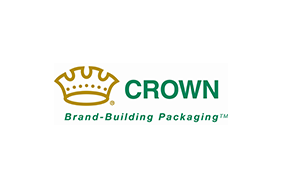
POSTED
03-20-24
Crown Signs Renewable Energy Deal Significantly Expanding Coverage of Its Electricity Consumption in Europe
Crown Holdings, Inc. (NYSE: CCK) has entered a 15-year Virtual Power Purchase Agreement (VPPA) with Enel Green Power España (EGPE), Endesa's renewable energy subsidiary, securing renewable electricity from a new PV project built in Badajoz, Spain.
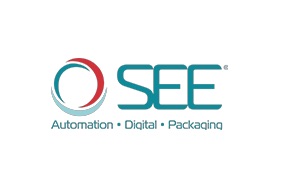
POSTED
03-20-24
From the SEE Impact Report: Innovation and Product Design
The solutions created by packaging provider SEE create value for global supply chains, consumers, and society and are aligned under four strategic areas.

POSTED
03-20-24
Empowering Sustainability: 4 Strategies To Significantly Reduce the Semiconductor Industry’s Carbon Footprint
The Semiconductor industry is a key enabler for nearly every device we use to travel, work, and entertain ourselves. It’s needed for every sustainability effort – smart grids, the transition to renewables, low carbon footprint logistics, and supply chains.

POSTED
03-19-24
Cisco's Sustainability 101: What Are Ecolabels?
Many companies want to show how they are making their products more sustainable. That’s where ecolabels come in. Ecolabels are marks indicating that the products meet objective environmental and sustainability criteria.

